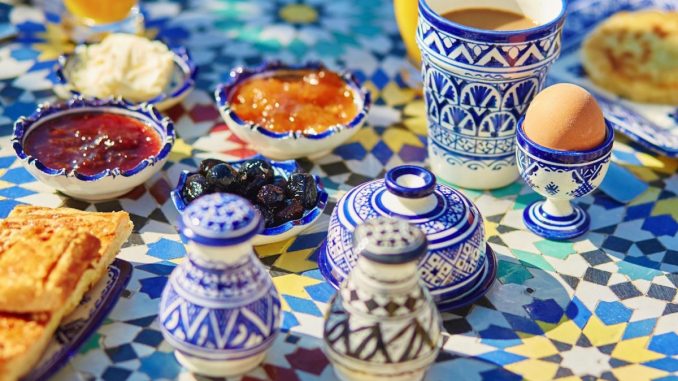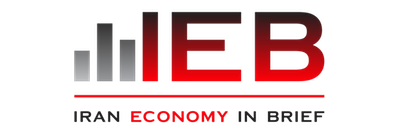
We just watch as butterflies from Iranian tables toward the sky, like many other products: cheese, eggs, meat, rice, etc.*
The method is now a classic: first there are rumors that the price of a certain product is going to increase. People start to panic and buy it. Then the product becomes a rarity in shops. However, the Government denies any shortage and promises enough supply at the same price and that the consumers should not worry. So, people become a little bit more relaxed and don’t look for that product so rigorously.
And in that very moment, the next morning when you wake up, you find that the product’s price has been tripled!
And probably the authorities think: “Hah! It even worked this time! 😉 “
That has happened to almost all products which have experienced increases in price over the past months. The government is eliminating the subsidized exchange rate assigned to the import of certain goods and this automatically skyrockets their prices.
While the official exchange rate still stays at 42,000 rials for one US-dollar, the market exchange rate is reaching 300,000 rials.
But despite what many residents think, increase in prices of certain goods is not always bad. You will see that in some cases the Government is doing it for our benefit and in case of butter it becomes very obvious.
In fact, what is good in butter? Isn’t it only fat? And have you not been complaining all the time about those extra kilos around your belly?
So, if someone is worried about your health and cut it from your diet, or plans a strategy that you cut it from your diet on your own, shouldn’t you be thankful? Sure, you must, but as Iranians we just complain even when the government is working so hard to make our diets healthier!
Even the Government Spokesman, Ali Rabiei, admits that the decision has been made only for the population’s welfare: “The empty tables of the population are our daily concern, however, when we have limited recourses for foreign currencies, we cannot assign it to goods, like butter. We should allocate our recourses only to essential goods such as pharmacies and capital goods”.
We don’t produce butter, we have been importing it for all these years. (Because the technology is so complicated, or because importing is much easier, we don’t know). Annually up to 60 thousand tons of butter have been imported to the country. Now either we must produce it, or we eat less of it!
According to the reports published by the Statistical Centre of Iran, following the diet plans offered by the government, the consumption of several goods among Iranians have changed.
For instance, with respect to 14 years ago, Iranians eat 40% less rice, 10% less bread, 45% less red meat, 30% less fruits, 30% less dairy products.**
Isn’t it much healthier now?
The only bad thing in this new diet is that the consumption of milk has fallen dramatically, i.e. by 60%. But surly there are researches and scientific articles supporting the idea that human being adults do not need to drink milk. And therefore, we should not complain at this one either.
However, the above figures belong to the consumption before Coronavirus crisis had started. For newest records, we should wait.
Meanwhile we though as things are so dynamic in Iran, we must also update our culture and mindset. We found an old proverb which needs modifications urgently not to confuse the next generations. The original proverb said:
دو روز بخور نون و تره
یه عمر بخور نون و کره
Which says:
“Bread and chives” for two days
“Bread and butter” follows always
The saying tends to encourage people to spend less for a short period, to be able to live a comfortable life later. But we believe that considering the current situation, it must be modified to:
“Bread and chives” for two days
“Bread and chives” might follow for next days
(if you are lucky enough and prices don’t jump for none of them.)
* Sorry, in the first line we missed a space between the two words “butter” and “flies”, but you have got it! 😉
** In the past 15 years, the market exchange rate has changed from 9,180 rials to nearly 300,000 rials for 1 USD.

Be the first to comment